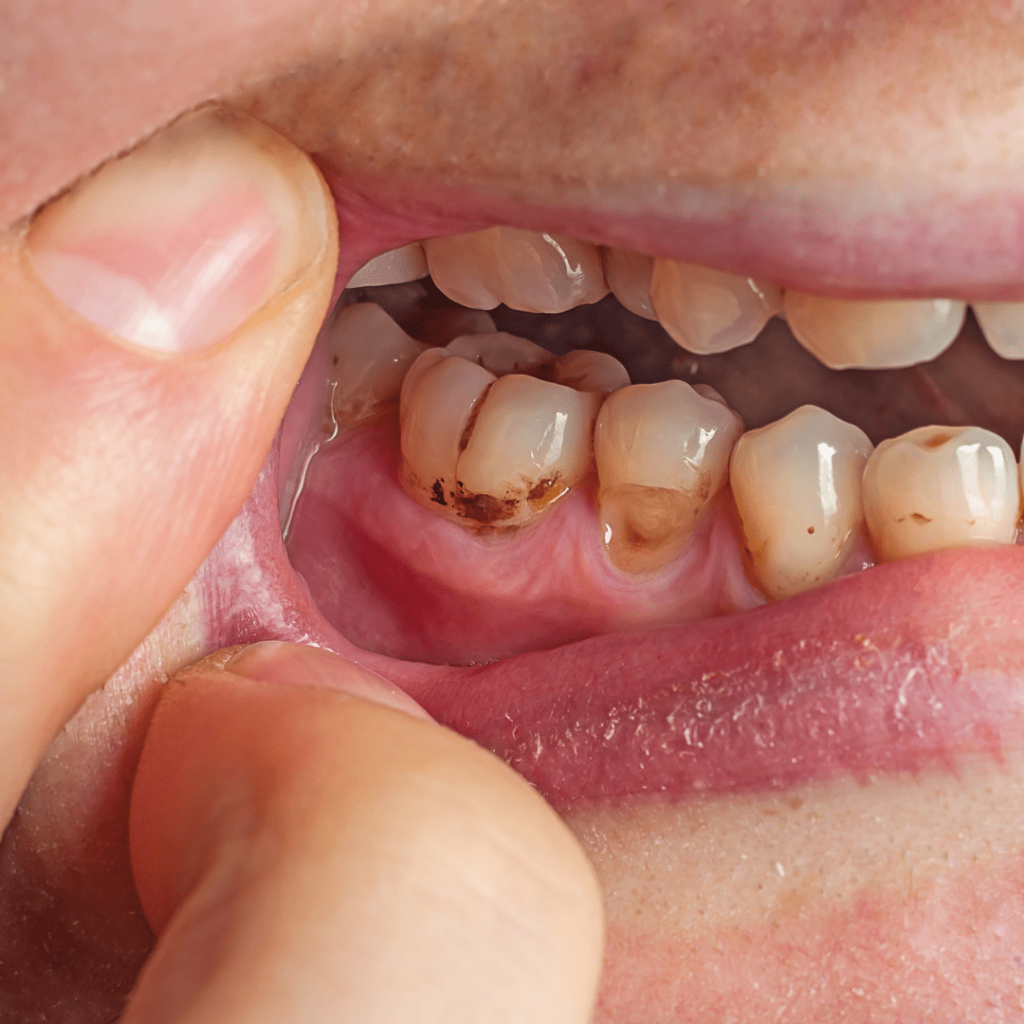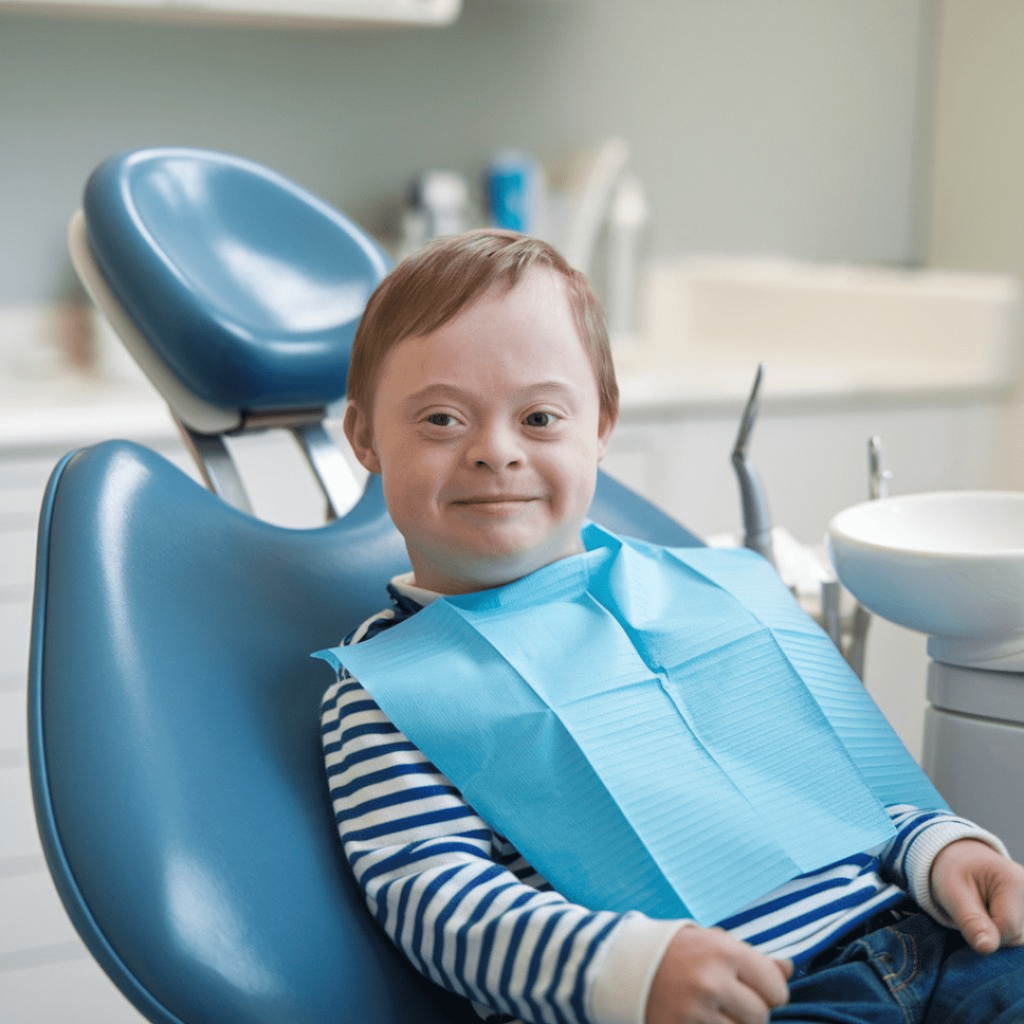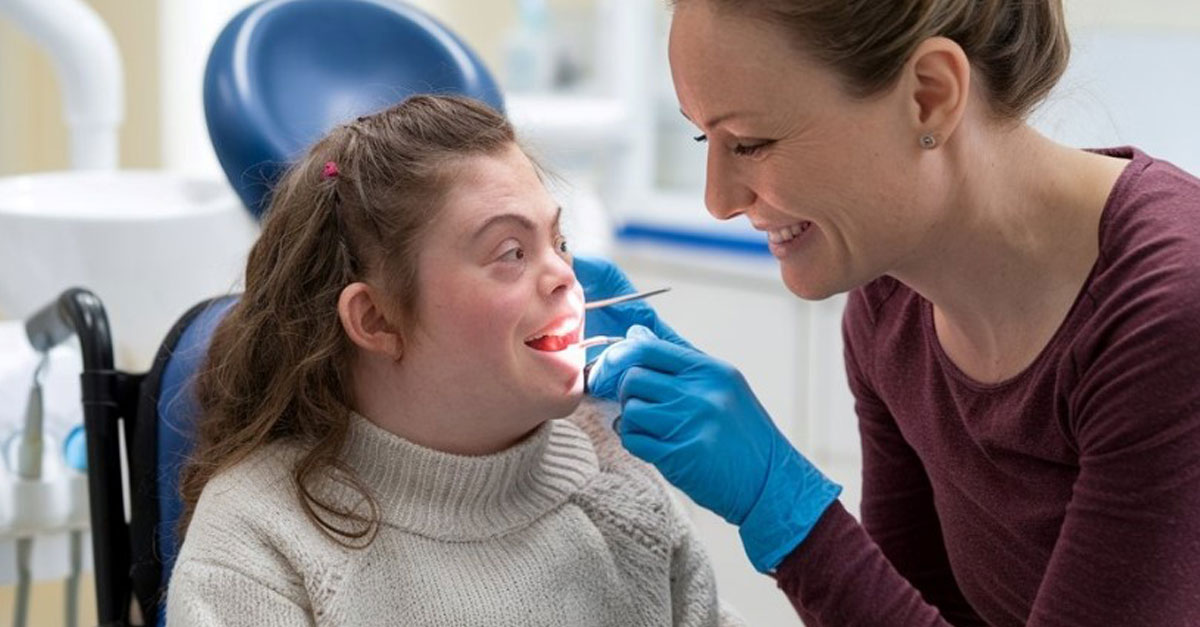Common Dental Issues Faced by Children with Special Needs and Strategies for Management
Caring for a child with special needs presents distinct challenges, particularly concerning their dental health. Children with physical, developmental, or sensory impairments may find it difficult to maintain proper oral hygiene, making regular dental appointments and home care essential. It is vital to select a dentist who specializes in treating children with special needs to ensure they receive compassionate and effective treatment.
Common Dental Issues for Children with Special Needs
1. Challenges with Oral Hygiene

Numerous children with special needs encounter difficulties in brushing and flossing due to limitations in motor skills, sensory sensitivities, or cognitive difficulties. This can result in plaque accumulation, cavities, and gum disease.
Strategies for Management:
- Utilize adaptive toothbrushes with larger grips or electric toothbrushes.
- Try various toothpaste flavors and textures to cater to sensory preferences.
- Create a consistent oral hygiene routine using visual aids and incentives.
2. Increased Risk of Tooth Decay
Certain children with special needs may have dietary restrictions, take medications, or engage in habits (such as frequent snacking or mouth breathing) that elevate their risk of developing cavities.
Strategies for Management:
- Reduce the intake of sugary snacks and beverages.
- Ensure adequate hydration to combat dry mouth.
- Schedule regular dental appointments for fluoride treatments and professional cleanings.

3. Gum Disease and Oral Infections

Inadequate oral hygiene can lead to gum disease, which may cause discomfort and additional health issues for children with special needs.
Strategies for Management:
- Use antimicrobial mouth rinses as recommended by the dentist.
- Assist with brushing and flossing to guarantee thorough cleaning.
- Keep an eye out for signs of gum inflammation and seek professional guidance when necessary.
4. Sensory Sensitivities and Dental Anxiety
Many children with special needs have heightened sensitivities to touch, sound, and light, which can make dental visits particularly stressful.
Strategies for Management:
- Select a pediatric dentist who has expertise in treating children with special needs.
- Arrange a preliminary visit to help the child acclimate to the dental office setting.
- Implement soothing methods such as deep breathing exercises, the use of weighted blankets, or playing music during appointments.

Challenges in Communicating Dental Discomfort:
Children who face communication difficulties may struggle to articulate their pain, which can result in undiagnosed dental problems.
Strategies for Addressing This Issue:
- Be attentive to non-verbal indicators of dental discomfort, such as alterations in eating patterns, increased salivation, or reluctance to brush their teeth.
- Perform regular oral examinations at home.
- Ensure regular dental check-ups to facilitate early identification of potential issues.
The Significance of Professional Dental Care:
It is crucial to find a dental provider who comprehends the distinct requirements of children with special needs. A pediatric dentist specializing in this area can offer:
- A welcoming and supportive office atmosphere.
- Customized treatment plans designed to meet your child’s individual needs.
- Options for sedation dentistry when necessary.
Children with special needs necessitate additional attention regarding their dental health. However, with appropriate strategies and support, parents can assist their children in achieving and maintaining healthy smiles. Collaborating with a caring and knowledgeable dentist can have a profound impact. If you are seeking specialized dental care, consider contacting a reputable provider that focuses on dental services for children with special needs in Pearland, TX 77584. Ensuring your child receives optimal dental care will enhance their overall health and well-being.
 Call
Call 


